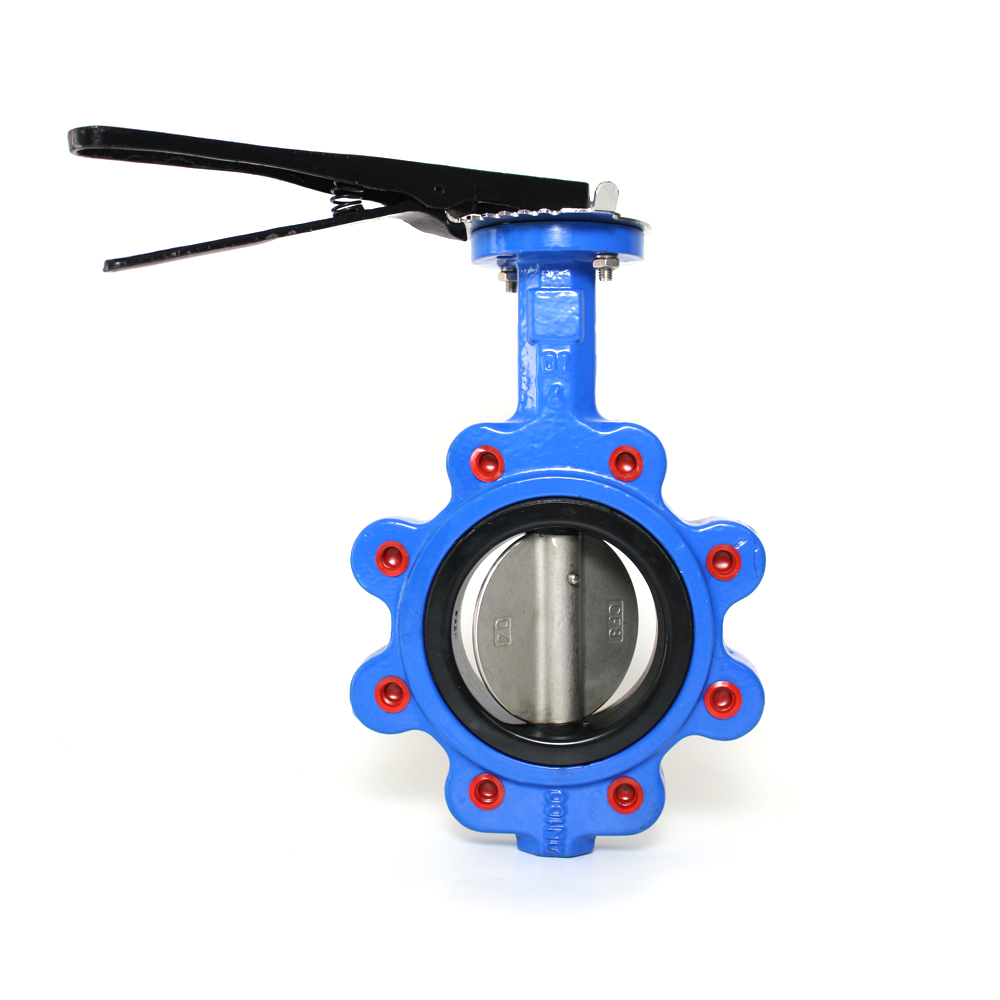
- Call Us
- +8618633052223
- njhdvlz@163.com
Nov . 25, 2024 13:42 Back to list
plastic check valves for water factory
The Importance of Plastic Check Valves in Water Treatment Facilities
In modern water treatment facilities, the efficiency and reliability of machinery and equipment play a pivotal role in maintaining water quality and accessibility. Among the various components utilized in these systems, plastic check valves are gaining significant attention due to their versatile applications and essential functions in the management of water flow. Understanding the importance of these valves can help operators and engineers make informed decisions that optimize their water treatment processes.
What Are Plastic Check Valves?
Plastic check valves are one-way valves designed to allow fluid flow in a single direction while preventing backflow. This mechanism is crucial in water treatment plants where the integrity of the system is paramount. The material used—typically durable plastics like PVC, CPVC, or polyethylene—offers a combination of lightweight construction, corrosion resistance, and cost-effectiveness compared to traditional metal valves. This characteristic is particularly beneficial in environments where chemical exposure and aqueous solutions are prevalent.
Benefits of Using Plastic Check Valves
1. Corrosion Resistance Water treatment facilities often deal with aggressive chemicals and varying pH levels. Plastic check valves are less susceptible to corrosion, ensuring longevity and reducing the need for frequent replacements. This resilience helps maintain system efficiency and lowers maintenance costs over time.
2. Lightweight and Easy to Install The lightweight nature of plastic allows for easier handling and installation, reducing labor costs and facilitating quicker repairs or replacements. Engineers appreciate the reduced burden on piping systems, which can positively influence the overall durability of the setup.
3. Cost-Effectiveness Compared to their metal counterparts, plastic check valves are often more affordable while providing similar functionality. This aspect is crucial for water treatment facilities that aim to keep operational costs within budget while ensuring high-quality water output.
plastic check valves for water factory

4. Versatility Plastic check valves can be designed for various applications within a water treatment plant, including sewage management, potable water systems, and effluent disposal. Their adaptability to different conditions makes them a popular choice across multiple sectors.
5. Minimal Maintenance Requirements Because of their durable material and simple design, plastic check valves require minimal maintenance. Their ability to function without regular adjustment or repair contributes to increased system uptime and efficiency.
Applications in Water Treatment
Plastic check valves find numerous applications in water treatment facilities. They are commonly employed in
- Pump Protection By preventing backflow, these valves protect pumps from damage caused by water returning to the system after the pump is turned off, thereby prolonging the life of the equipment. - Preventing Contamination In systems where different water sources converge, check valves ensure that water flows in the intended direction, preventing potential cross-contamination of clean and wastewater. - Flow Regulation They help maintain proper flow rates throughout the treatment process, contributing to the efficient functioning of filtration, disinfection, and chemical dosing systems.
Conclusion
In conclusion, plastic check valves are a vital component in the water treatment industry. Their lightweight, cost-effective, and corrosion-resistant properties make them ideal for numerous applications within water management systems. By preventing backflow and ensuring efficient flow rates, these valves contribute significantly to the overall efficiency and reliability of water treatment practices. As facilities continue to enhance their technologies and improve processes, the role of plastic check valves will only grow in importance, ultimately leading to better water quality and more sustainable water treatment solutions.
-
Double Flanged Short Pattern Butterfly Valve | Compact, Efficient Flow
NewsAug.01,2025
-
Precise 3-Inch Butterfly Valve Dimensions | Durable Flow
NewsJul.31,2025
-
3 Butterfly Valve Dimensions | GPT-4 Turbo Precision Specs
NewsJul.31,2025
-
Stainless Steel Sanitary Butterfly Valve for Hygienic Flow Control
NewsJul.30,2025
-
High-Performance Groove Butterfly Valve for Easy Installation
NewsJul.30,2025
-
High-Quality 2 Inch Butterfly Valve for Precise Flow Control
NewsJul.29,2025